The over 400 volunteers involved in EURORDIS activities play a crucial role in raising awareness and shaping policy that benefits everyone living with a rare disease and their families.
All EURORDIS volunteers adhere to the EURORDIS Charter of Volunteers.
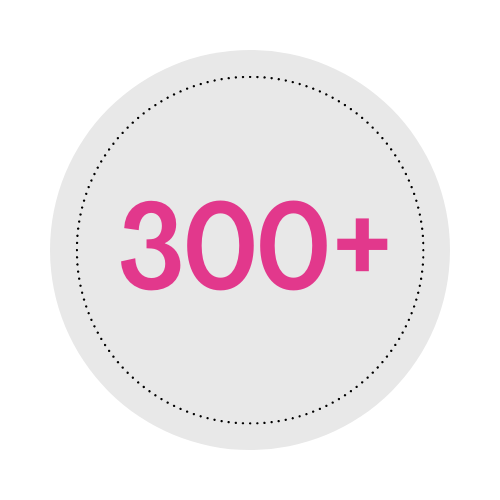
Bringing together 300+ patient representatives from 28 European countries, the European Patient Advocacy Groups (ePAGs) represent the patient voice in the European Reference Networks (ERNs).

The SPAG (Social Policy Action Group) advocates for better access to holistic care, and the guarantee of social and human rights
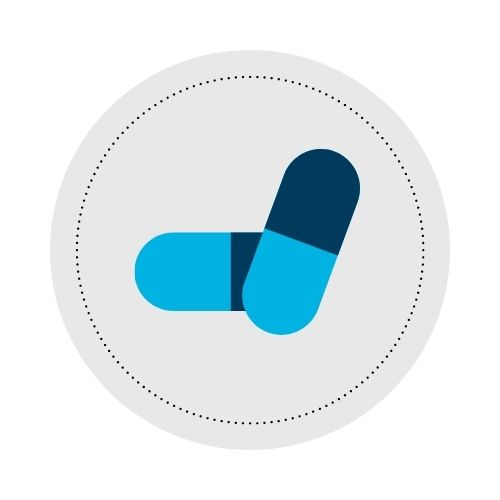
The Drug Information, Transparency and Access Task Force (DITA) focuses on the areas of product information, transparency of the regulatory process and access to medicines.

The Newborn Screening Working Group (NBS-WG) develops principles for harmonious uptake of the NBS programs across the Member States.
The HTA Task Force facilitates the participation of patients in health technology assessment activities.

The Rare Disease Day Working Group co-creates the annual global campaign.
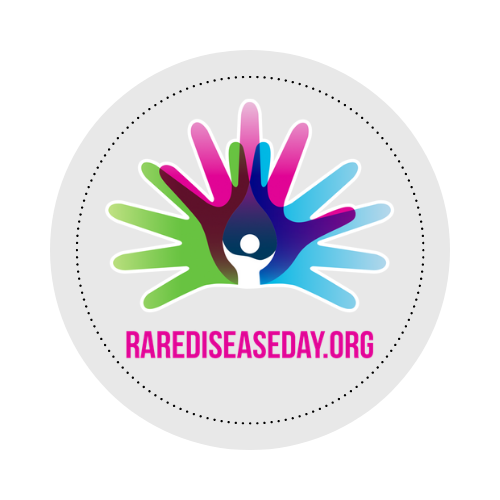
The Therapeutic Action Group (TAG) is composed of EURORDIS volunteers in the scientific committees and working parties at the European Medicines Agency (EMA).
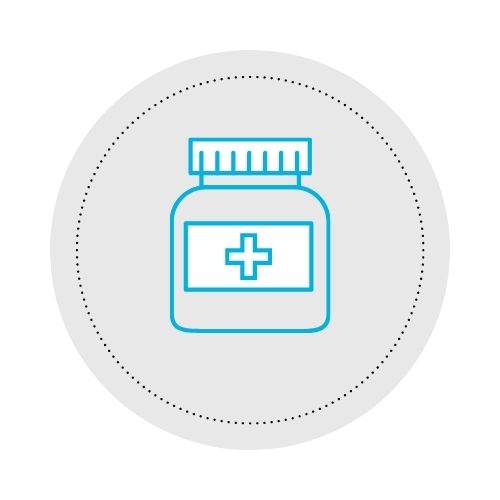
MoCA provides a mechanism for European countries to collaborate on coordinated access to orphan medicines in a voluntary, dialogue-based approach, intended to create a fluid set of interactions between key stakeholders, across all aspects of a product.
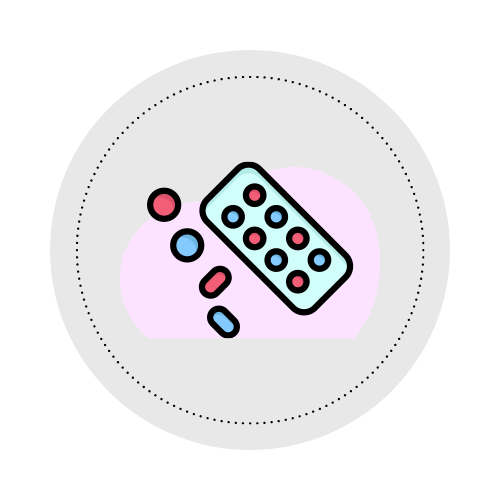
-
Who are EURORDIS volunteers?
Most EURORDIS volunteers are people living with a rare disease, family members or directly affected by a rare disease. Due to the lack of available information for many rare diseases, patients find themselves becoming experts of their own disease and of their national health care system.
Because of the scarcity of patients for each rare disease, each volunteer has different areas of expertise based on their personal experience and training. All volunteers are vital to improve the authenticity of our advocacy efforts.
EURORDIS and its volunteers, representing people with rare diseases, thus speak with one collective voice, advancing the cause of rare diseases at the European level. All EURORDIS volunteers adhere to the Volunteer Charter.
The time that our volunteers spend working for EURORDIS is an asset and a resource for our organisation. Their time is therefore recorded and accounted in our financial statements.
-
What do EURORDIS volunteers do?
EURORDIS volunteers are patient advocates who are mainly involved in advocacy activities and/or disseminating public information to raise awareness of the common challenges and injustices faced by people living with a rare disease as well as promoting EURORDIS’ proposals to address those challenges. These challenges include obtaining access to proper diagnosis, adequate healthcare services, medicines and therapies and adapted social services.
Through their activities with EURORDIS, volunteer patient advocates go on to be involved in a diverse number of committees dedicated to improving the lives of people living with a rare disease and their families.
Below are the main dedicated groups of people who volunteer for EURORDIS :
- European Public Affairs Committee (EPAC)
- Therapeutic Action Group (TAG)
- Drug Information, Transparency and Access (DITA) Task Force
- Social Policy Action Group (SPAG)
- Newborn Screening Working Group (NBS-WG)
- HTA Task Force
- Digital and Data Advisory Group (DAG)
- Mechanism of Coordinated Access to orphan medicinal products (MoCA)
- RareConnect moderators:
RareConnect moderators are usually patient advocates representing a patient group or individuals from all over the world that are looking for others with the same condition.
The role of a moderator on RareConnect is to ensure content and information is safe and updated and that questions are answered or people are referred to existing resources when available. The role of the moderators, it is not to represent only an organisation or a country, but to help people communicate with each other.
For more information contact info@rareconnect.org
- Rare Disease Day Steering Committee – for more information contact estelle.dubois@eurordis.org
-
How do EURORDIS volunteers become experts?
EURORDIS volunteers have received training through the EURORDIS Open Academy so they have the confidence and knowledge needed to bring their expertise on health care, research and medicines development to discussions with policy makers, industry and scientists.
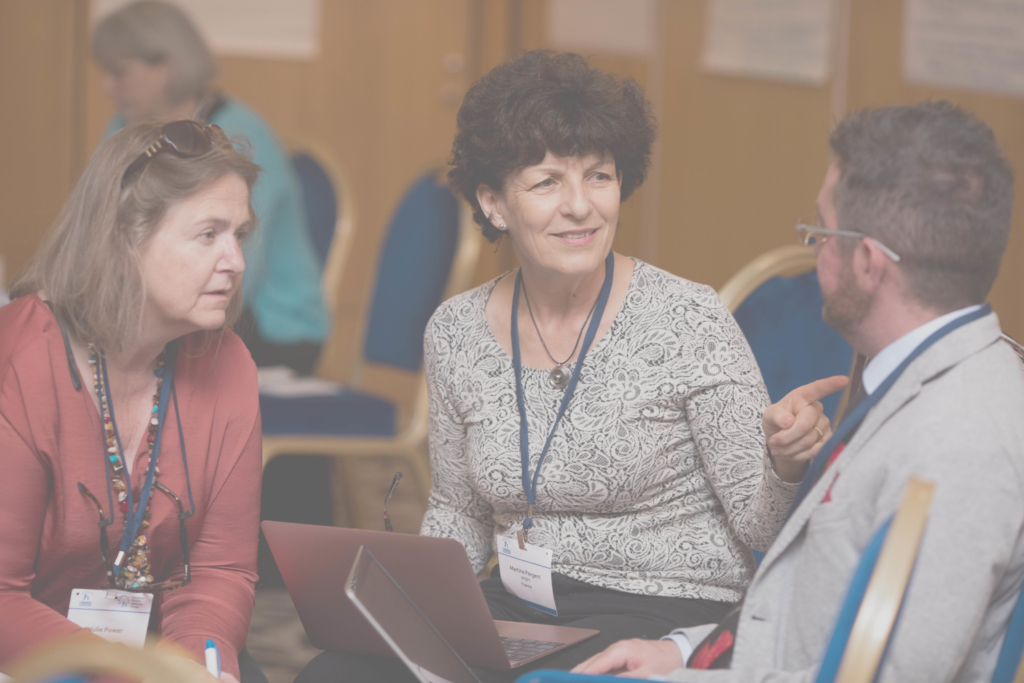
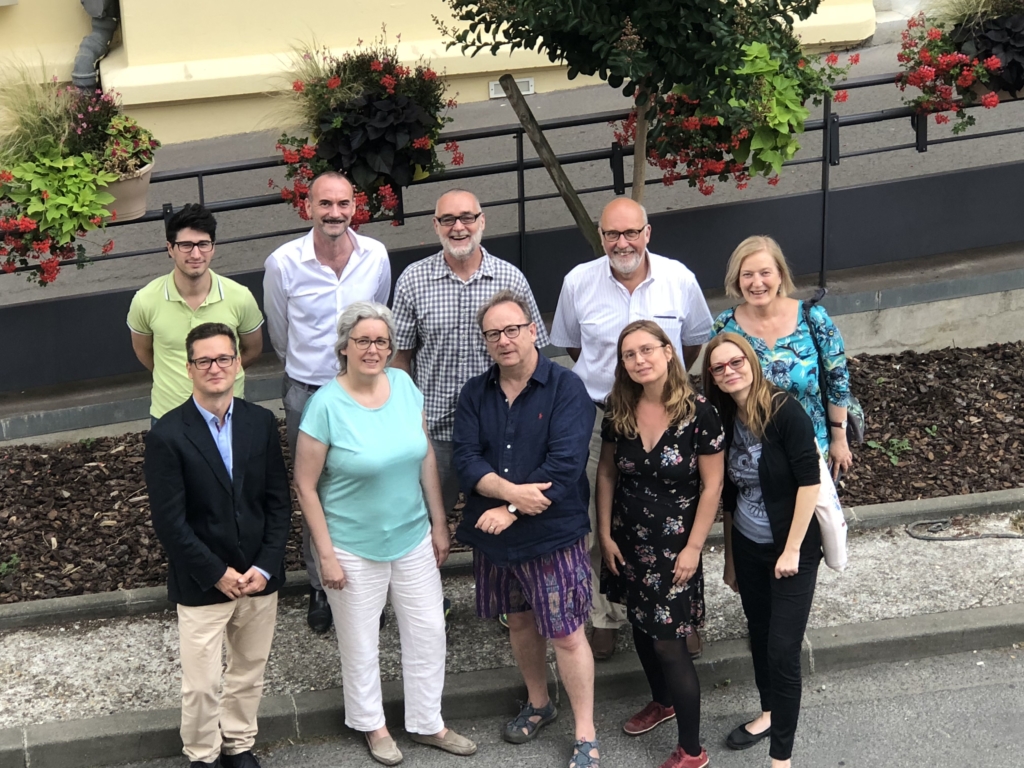
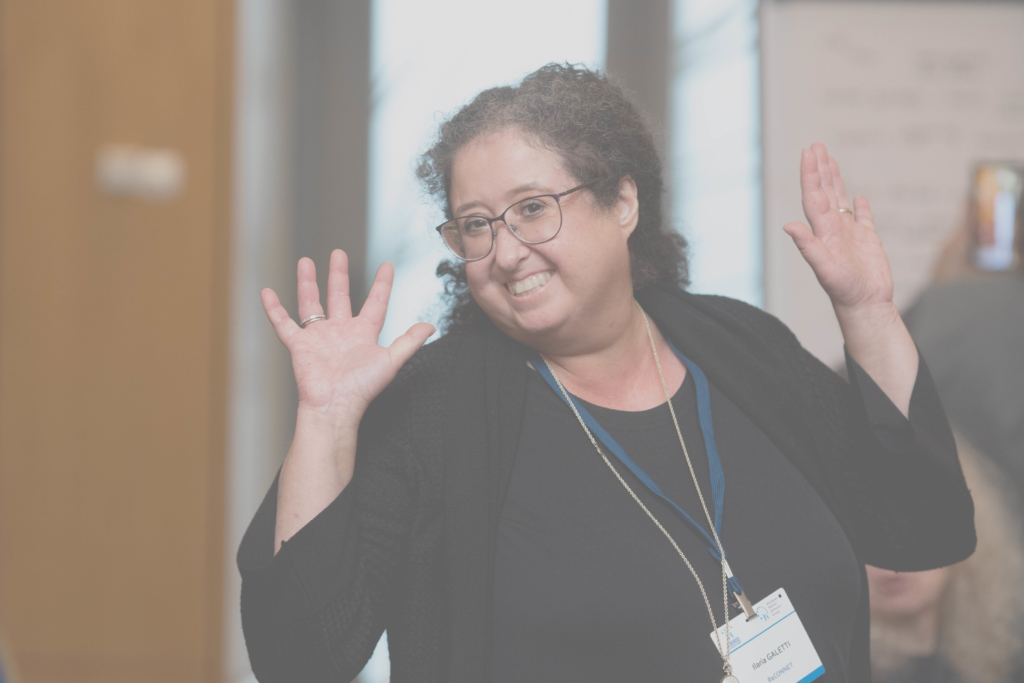
If you are interested in learning more about EURORDIS volunteers contact eurordis@eurordis.org.
